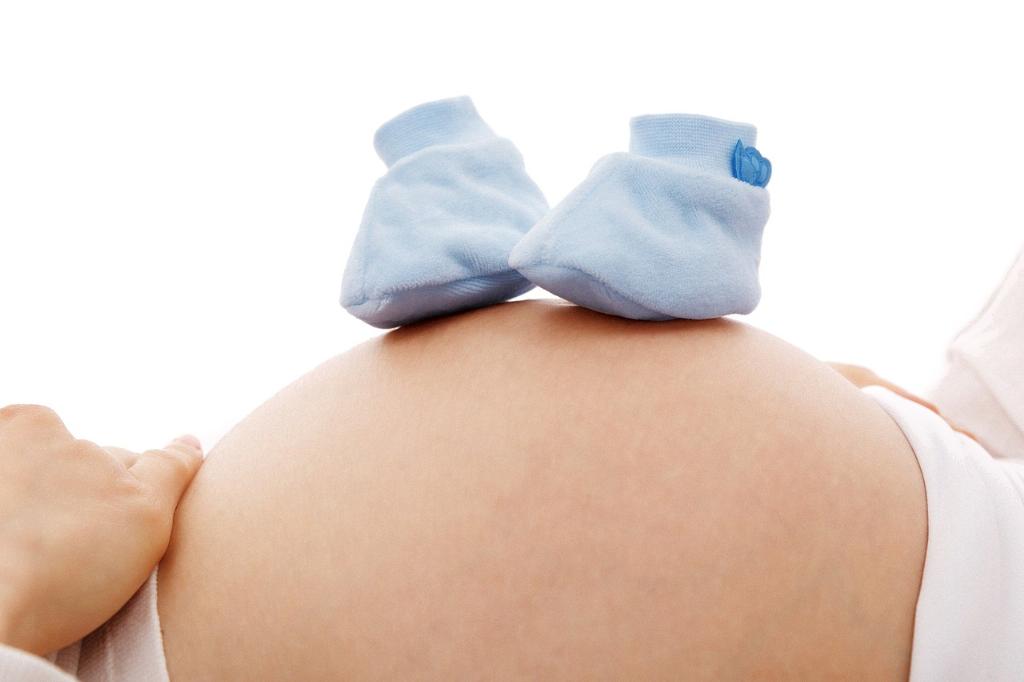Menstrual irregularities are a common occurrence among women of childbearing age, affecting approximately 14-25% of individuals. While the immediate assumption may be pregnancy, there are numerous factors beyond conception that can lead to missed or late periods.
Potential Causes of Late Periods
There are various reasons why one may experience a delayed period, even if pregnancy is not the cause. Hormonal imbalances are a prominent factor, as fluctuations in estrogen and progesterone levels can disrupt the menstrual cycle.
Impact of Hormonal Birth Control
Women using hormonal birth control methods may also experience changes in their menstrual cycles. Contraceptives can alter hormone levels, leading to variations in the timing of periods.
The Role of Stress and Lifestyle Factors
Stress, both physical and emotional, can have a significant impact on menstrual regularity. High stress levels can affect hormone production, potentially causing delays in menstruation.
Effects of Weight Loss and Diet
Significant weight loss or sudden changes in diet can disrupt the body’s hormonal balance, influencing the regularity of menstrual cycles. It’s essential to maintain a healthy weight and balanced diet to support reproductive health.
Consideration of Trauma and Health Conditions
Physical trauma or certain health conditions, such as polycystic ovary syndrome (PCOS) or thyroid disorders, can also contribute to menstrual irregularities. These underlying issues may require medical intervention to address.
Tracking Menstrual Patterns
Keeping track of menstrual patterns and any accompanying symptoms can provide valuable insights into the potential causes of late periods. Maintaining a menstrual diary can help identify recurring patterns or irregularities.
Consulting Healthcare Professionals
If you are experiencing persistent menstrual irregularities, it is advisable to consult with a healthcare provider. A thorough evaluation can help determine the underlying factors contributing to late periods.
Exploring Treatment Options
Depending on the cause of menstrual irregularities, treatment options may vary. Hormonal therapy, lifestyle modifications, or managing underlying health conditions could help restore regular menstrual cycles.
Embracing Holistic Approaches
Adopting holistic approaches to wellness, such as stress-reducing activities, regular exercise, and balanced nutrition, can support overall reproductive health. Taking care of your physical and mental well-being can positively impact menstrual regularity.
Promoting Hormonal Balance
Ensuring hormonal balance through adequate rest, proper nutrition, and stress management techniques can play a vital role in maintaining a healthy menstrual cycle. Prioritizing self-care is crucial for overall well-being.
Conclusion
In conclusion, while being 15 days late but not pregnant may raise concerns, it is essential to consider the multitude of factors that can influence menstrual regularity. By addressing potential causes and seeking medical advice when necessary, individuals can work towards restoring a balanced and healthy menstrual cycle.

